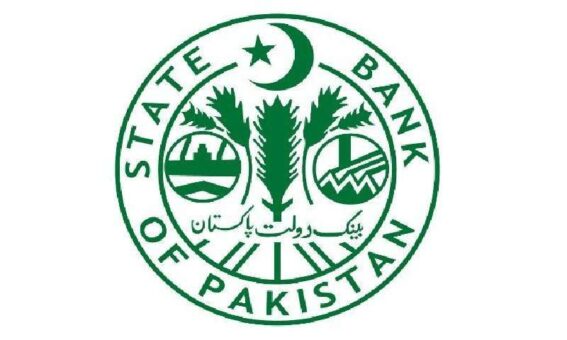Yields on Market Treasury Bills (T-Bill) have fallen significantly, as traders anticipate a substantial rate cut from the State Bank of Pakistan (SBP) next week. This optimism stems from a sustained decline in inflation, fueling expectations of further monetary easing.
At the latest auction, the cut-off yield on the three-month T-Bill decreased by 100 basis points (bps) to 12%. Similarly, the six-month T-Bill yield dropped by 89bps to 12%, while the yield on the 12-month T-Bill fell by 5bps to 12.3%. These reductions reflect growing confidence in the SBP’s monetary policy direction and an improved inflation outlook.
The auction saw robust participation, with bids amounting to Rs1.929 trillion against a target of Rs1.2 trillion and a maturity of Rs2 trillion. The government raised Rs1.256 trillion, highlighting strong investor demand for T-Bills, especially longer-tenor instruments, as inflation is projected to remain low.
Analysts and investors widely expect the SBP’s Monetary Policy Committee (MPC) to announce further rate cuts at its upcoming meeting on December 16. In November, the SBP reduced its policy rate by 250bps to 15%, marking the fourth consecutive rate reduction since June and totaling 700bps in cumulative cuts. The market is currently pricing in a 200-250bps rate cut in the forthcoming policy review.
“Based on auction results, market participants are expecting a 200-250bps cut next week,” said Mohammed Sohail, CEO of Topline Securities. November’s Consumer Price Index (CPI) inflation stood at 4.9%, below the SBP’s target range of 5-7%, and inflation is expected to remain in single digits for the foreseeable future.
To manage potential external or fiscal shocks, analysts predict the central bank will maintain positive real rates of 300-400bps over forward-looking inflation. This strategy aims to support economic stability and facilitate a gradual recovery.
The T-Bill yield curve, which had been inverted, is now flattening, signaling improved investor confidence and easing inflation expectations. “The normalisation of the yield curve reflects optimism about macroeconomic stability and reduced sovereign risk,” noted Saad Hanif, head of research at Ismail Iqbal Securities.
Pakistan’s improving economic indicators further bolster the case for monetary easing. The country recorded a $218 million current account surplus in the first four months of FY25, compared to a deficit of $1.528 billion in the same period last year. Additionally, the SBP’s foreign exchange reserves stand at $12 billion, sufficient to cover more than two months of imports, providing a stable backdrop for further policy rate adjustments.
